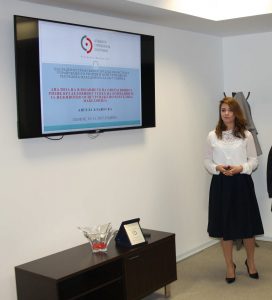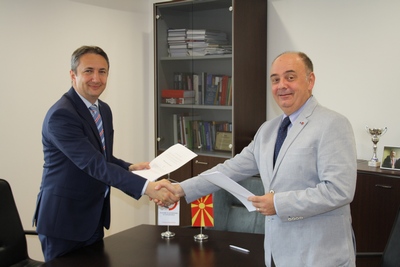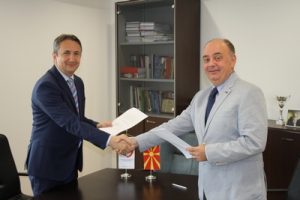Poposki from Bratislava at the International Conference on the Synergy between Life Insurance and Pension Insurance – in the last decade, our country in the segment of life insurance segment has marked the highest cumulative growth of 455% and average annual growth of 21% among the countries of Southeast Europe.
On April 9, 2019, the traditional International Property Forum took place with the participation of representatives from the European Insurance Regulatory Bodies, representatives of the insurance industry, consulting firms and policy makers for dealing with financial loss as a result of catastrophic events. The purpose of the event is to understand the impact and resistance of societies to climate and cyber risks.
The President of the Council of Experts, Klime Poposki was part of the panel that discussed the strengthening of resistance to climate risks by increasing the insurance coverage, together with the Executive Director of the Insurance pool against Natural Disasters of Romania, Ms Nicoleta Radu and the Director of the Spanish Consortium for insurance cover г. Alejandro Izuzquiza Ibáñez de Aldecoa.
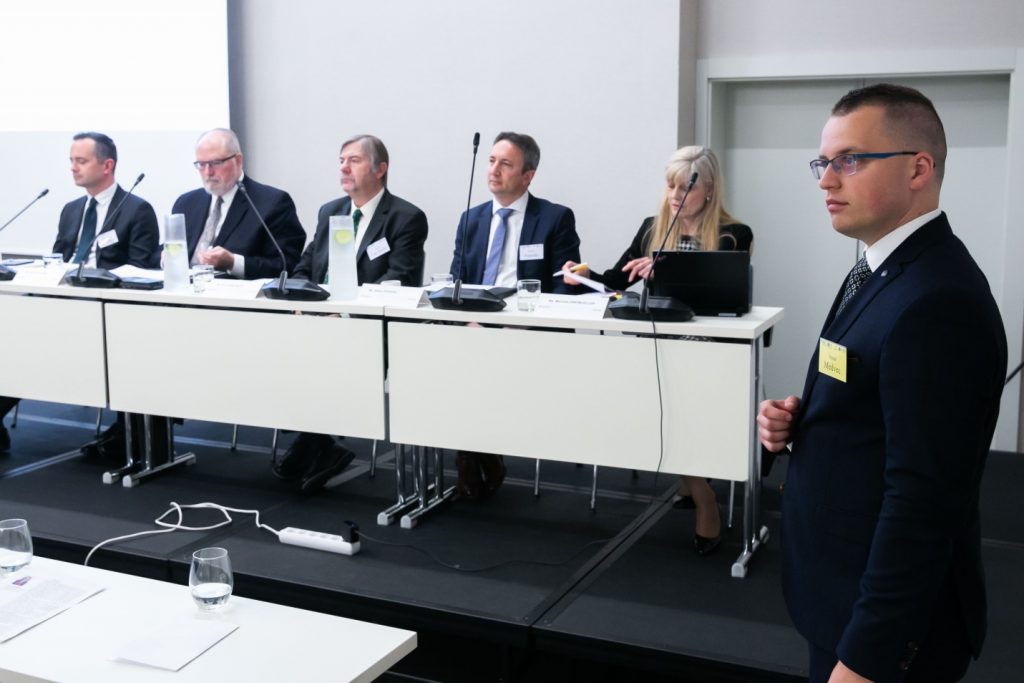
In addition, the President of the Council of Experts of the Insurance Supervision Agency Mr.Klime Poposki pointed out the positive results in the development of property insurance, which marked an increase by 19.68% compared to 2017, especially emphasizing the high growth of agricultural insurance, as a special segment of the class of property insurance of 65.98%.
Climate risks have always caused events with serious consequences and enormous huge material and human losses that often remained engraved in the memory. In recent decades, their catastrophic nature has become a growing threat to society’s resistance towards these types of risks. “What have truly contributed to the high growth in our country is the increased awareness among the citizens and the companies related to the risk presence, the active measures for subsidizing 60% of the premium for agricultural insurance, the improvement of the services of the insurance companies in reference to claim payment, as well as the regulatory and supervisory role of the Insurance Supervision Agency and the activities for financial education of the population. “Poposki pointed out at the panel discussion.
The conclusions for successful development of property insurance, especially in the segment of insurance against catastrophic risks from the International Forum are: Public – private partnership between the Government, insurance industry and users of insurance services, introduction of mandatory forms of insurance against natural disasters, regional approach in establishment of insurance pools.
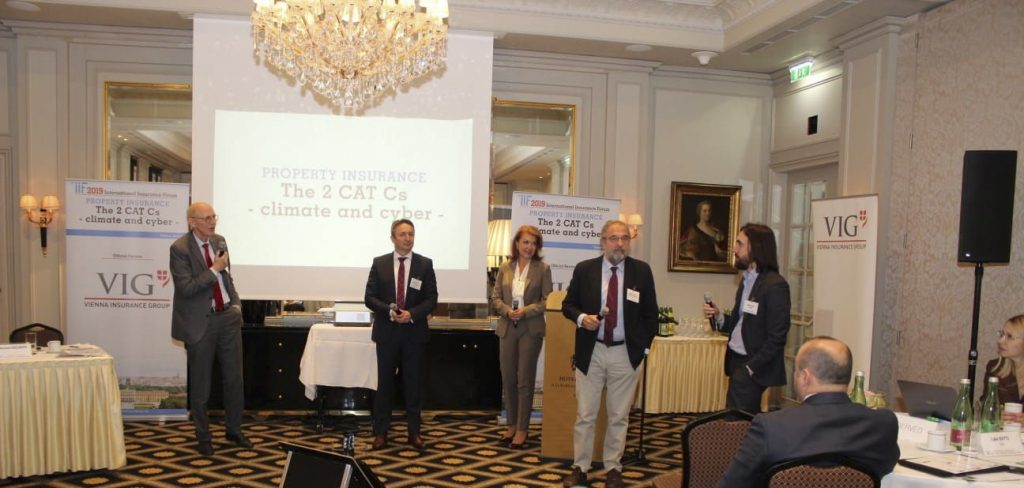
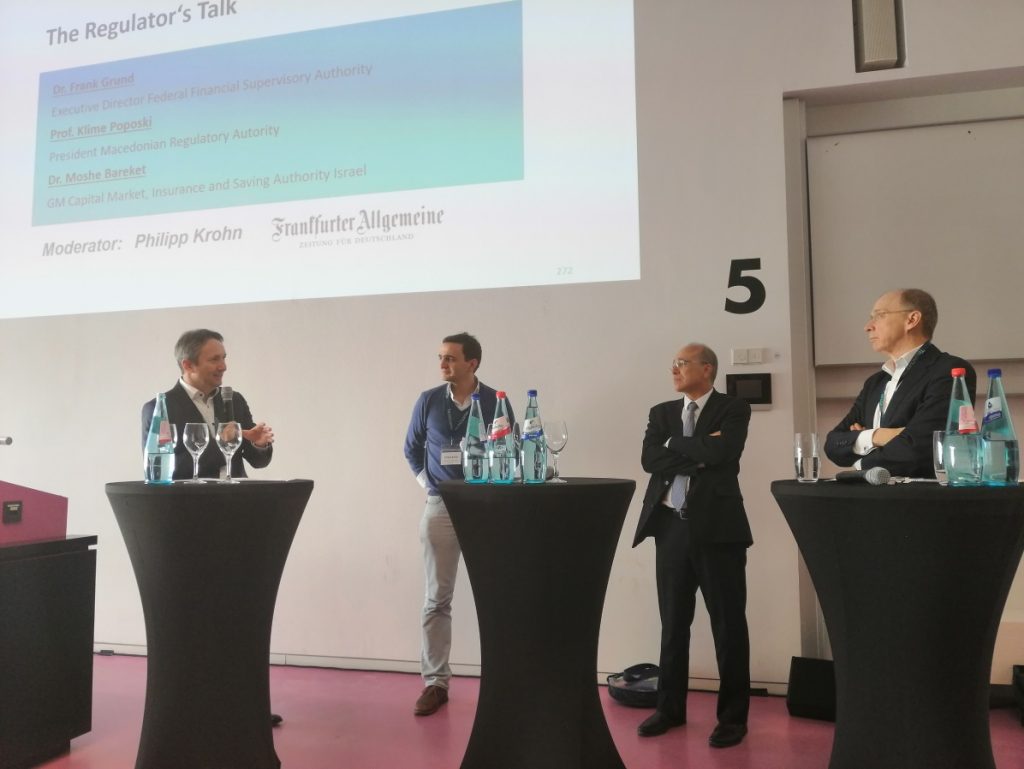
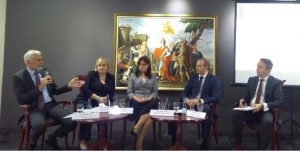
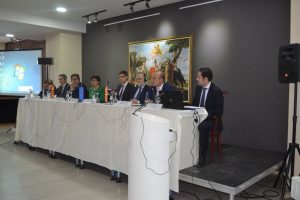
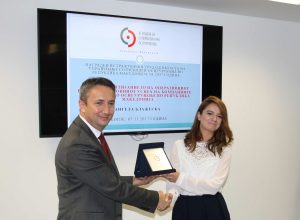 Советот на експерти на Агенцијата за супервизија на осигурување, наседницата одржана на 27.10.2017 година, го усвои Извештајот на Комисијата заизбор на најдобар истражувачки труд одобласта на управување
Советот на експерти на Агенцијата за супервизија на осигурување, наседницата одржана на 27.10.2017 година, го усвои Извештајот на Комисијата заизбор на најдобар истражувачки труд одобласта на управување